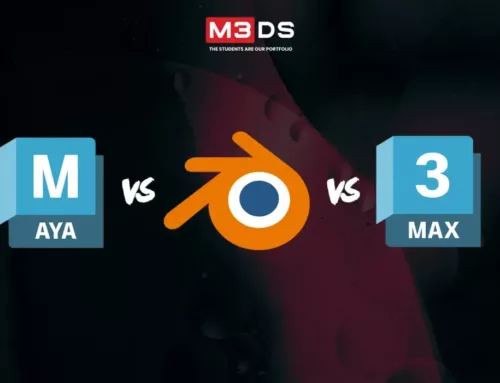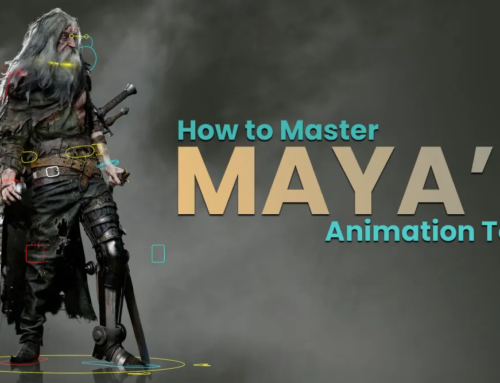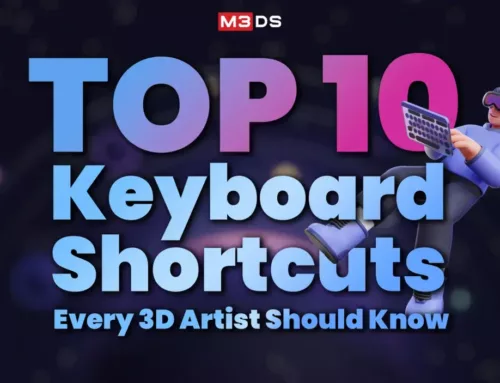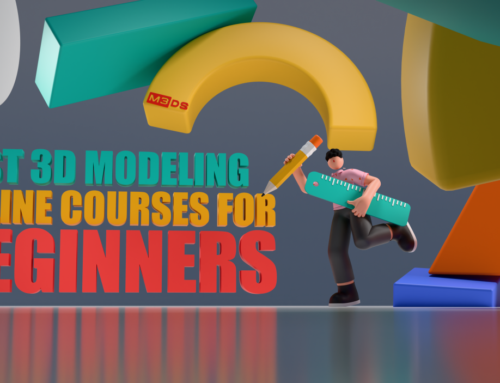Game Development Courses for Beginners in 2025
Game development in 2025 offers exciting career opportunities, combining 3D design, animation, interactive gameplay creation, and hands-on game engine skills. It’s a dynamic field for both beginners and professionals looking to turn their creativity into a rewarding career.
If you’re a beginner eager to enter this industry, this guide will help you get to know the best Game Development Courses, essential skills to master, and strategies to build a strong portfolio to kickstart your career.
Why Learn Game Development in 2025?
Game development is one of the fastest-growing fields, offering numerous career opportunities. Here’s why beginners should focus on it:
1. Merge Creativity and Technology
Game development isn’t just coding; it’s about designing worlds, telling stories, creating art, and implementing interactive experiences. You’ll gain both technical skills and creative abilities simultaneously.
2. Enter a Booming Industry
The global gaming market is expected to continue expanding in 2025, with mobile games and indie development on the rise. Career opportunities in game design, animation, and programming are growing rapidly.
3. Portfolio-Driven Careers
In game development, your projects and games are more important than a resume. A small playable game or animation can showcase your talent to top studios.
4. Diverse Career Options
Game development offers multiple roles beyond programming:
- Game Designer
- Technical Artist
- 3D/Environment Artist
- Animator

Step-by-Step Guide to Starting Your Game Development Journey
Starting your journey in Game Development can seem overwhelming, but with a structured approach, beginners can learn efficiently and build a strong foundation for 2025. Here’s a clear step-by-step guide to help you get started.
1. Learn the Basics of Programming
Programming is the core of game development. Beginners should focus on languages like C#, C++, or Python, which are widely used in popular game engines such as Unity and Unreal Engine. Mastering basic concepts like variables, loops, functions, and object-oriented programming will make creating games smoother and more intuitive.
2. Get Familiar with Game Engines
A game engine is software that helps you build and run games. Unity is perfect for 2D and mobile games, while Unreal Engine is ideal for high-quality 3D experiences. Beginners can also use Blueprints in Unreal to create gameplay visually without heavy coding. Understanding a game engine early on will accelerate your learning curve.
3. Start Small with 2D Projects
Begin with simple 2D games like puzzles, platformers, or top-down adventures. Small projects allow you to practice game mechanics, controls, and basic logic without feeling overwhelmed.
4. Build Real Projects
Once comfortable, move on to mini 3D projects or interactive prototypes. Real projects help you understand development workflows and are essential for creating a professional portfolio.

5. Join Communities and Get Feedback
Participate in forums, Discord channels, and Reddit groups. Feedback from other developers helps you improve faster, discover best practices, and stay updated with industry trends.
6. Keep Learning and Iterating
Game development is a continuous learning process. Experiment with new tools, mechanics, and design techniques to sharpen your skills. By consistently practicing and iterating, beginners can gradually transition into confident, skilled game developers ready for the 2025 industry landscape.
Best Game Development Courses for Beginners in 2025
M3DS Academy is one of the best platforms for beginners in game development, offering industry-aligned courses, hands-on projects, and expert mentorship since 2016. Taught by professionals, our fully online programs provide 24/7 access, personalized portfolios, guidance, and a proven track record with 100% of our graduates being job-ready and successfully placed in the gaming industry.
Here are the top courses available on our platform to help you start your game development journey confidently in 2025:
Unreal Engine & Blueprint Courses
- Unreal Engine: Learn core Unreal Engine features and build your first interactive game in this 1-month course (20+ classes) with 1:1 mentoring focused on level design, lighting, and basic game mechanics.
- Blueprint Technical Course: Explore visual scripting in Unreal Engine to implement gameplay mechanics without heavy coding. This 1-month, 20+ class course is perfect for beginners aiming to quickly create functional game elements.
- Unreal Engine Development: Dive deeper into advanced game development concepts such as complex level design, interactive environments, and performance optimization. This 2-month course with 20+ classes builds a strong foundation for creating professional-quality games.
3D Modeling & Design Courses
- Autodesk Maya: Master professional 3D modeling classes for characters, props, and environments used in modern games and animations. Over 6 months and 30+ classes, you’ll gain hands-on experience in creating high-quality 3D assets.
- Maxon ZBrush: Sculpt highly detailed characters and assets to create realistic game worlds with professional-level precision. This 6-month, 30+ class course helps you bring creative ideas to life in 3D.
- Substance Designer: Create advanced textures and materials to enhance visual quality and realism in your games. This 2-month, 20+ class course focuses on professional-level texturing techniques for high-end game assets.
Animation & Rigging Courses
Rigging: Set up skeletal structures and animations for characters and objects, enabling realistic movement and interaction in games. This 2-month, 30+ class course provides hands-on training in animation fundamentals.
Concept Art & Advanced Design Courses
- Concept Art: Develop visual storytelling skills, design characters, and create immersive environments. Over 3 months and 30+ classes, the Concept Art Course helps you conceptualize and bring imaginative game worlds to life.
- Substance Painter: Learn Substance Painter texturing, applying materials, and adding surface details to achieve high-quality visuals. This 3.5-month course with 30+ classes equips you with essential skills for game-ready assets.
Get More Tips:
2D and 3D Animation: Definition & Differences
3D Animator: Job Description, Skills, Role & Responsibilities
3D Environment Artist: Build Realistic Digital Worlds
Why More Beginners Prefer Online Game Development Courses to Offline Classes
For beginners, Online Game Development Courses are the best choice. Unlike offline classes with fixed schedules and local mentors, online courses offer flexibility, affordable learning, global expert guidance, and hands-on projects you can do at your own pace. Here’s a clear comparison:
| Aspect | Online Game Development Courses | Offline Game Development Classes |
| Flexibility | Learn anytime, anywhere, at your own pace. | Fixed schedules, less room for flexibility. |
| Learning Speed | Pause, replay, and revisit complex topics like 3D modeling & animation. | Limited revision options, fast-paced sessions. |
| Mentorship | Access to global experts and personalized online guidance. | Local mentors, often limited to one location. |
| Hands-On Practice | Practical projects with portfolio-building opportunities. | Projects done in class, with less focus on portfolio. |
| Cost & Accessibility | Affordable, with no travel or accommodation expenses. | Higher costs due to travel, campus fees, etc. |
| Community | Connect with global learners, share projects, and get feedback. | Limited to classmates and local peers. |
Final Thoughts
Our beginner-focused Game Development Courses provide practical training in 3D modeling, animation, rigging, texturing, and game engines. With hands-on projects and 1-on-1 mentorship, learners can build a strong portfolio and gain the skills needed to start a successful career in game development. Begin today and turn your creativity into a rewarding profession.
Beginner in Game Development Career? M3DS is your first step: Book your course now!







